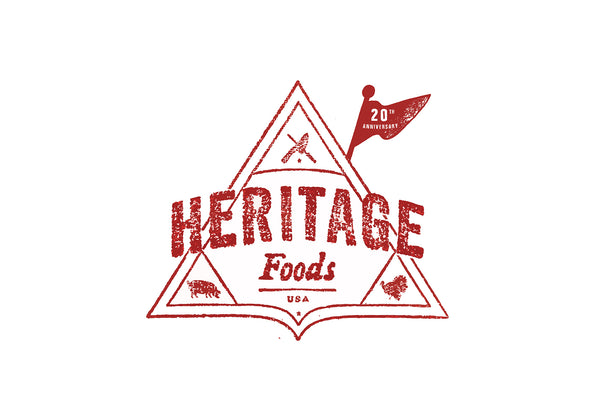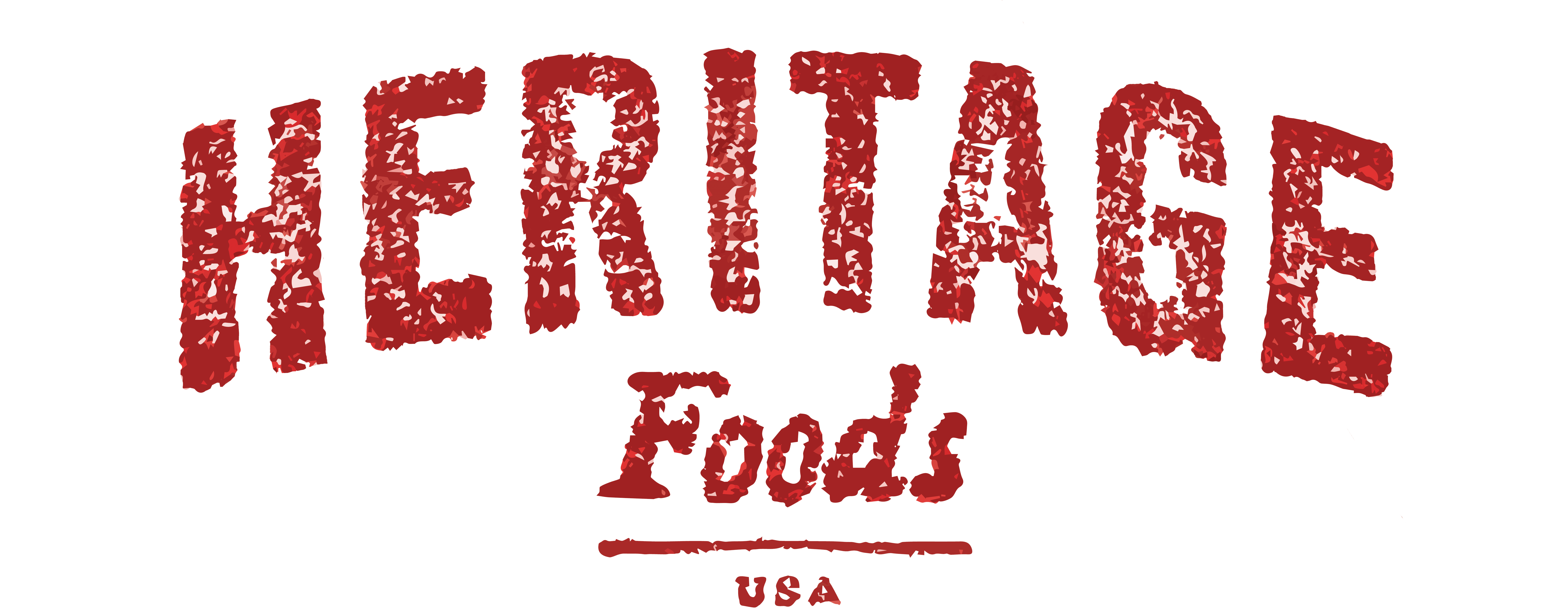
Heritage Foods USA at the United Nations
We are most at home with our boots on while visiting farms, but we’ll clean up our act when the occasion calls. This past weekend we shined our shoes and donned our best for one of the most exciting invitations we’ve received. We were off to visit the United Nations!
Heritage Foods USA was invited to attend the Permanent Forum on Indigenous Issues, an annual conference addressing issues related to economic and social development, culture, the environment, education, health and human rights within indigenous communities. While the contribution to our worldwide food system by indigenous cultures may not be immediately obvious, they are responsible for fostering and preserving critical agricultural biodiversity. Indigenous cultures have spent millennia developing crops that thrive in their native regions. Did you know there are over 4000 varieties of potatoes? I bet you wouldn’t guess where most of them originated: The Quecha community in Peru farms high in the Andes Mountains and are nicknamed the ‘Guardians of the Potato’ for their agricultural work preserving the areas abundance of biodiversity.
Unfortunately many of these indigenous communities are struggling to preserve their agricultural traditions among growing pressure from rural development and climate change. Worldwide there are 300-400 million indigenous people making up a total of 5% of the global population yet they account for 15% of the world’s most impoverished. One delegate, Anneli Jonsson from the Sami people in northern Sweden spoke of the high rates of depression and suicide amongst the Sami youth. She explained “All of the outside threats on their traditional lifestyle make it difficult for the youth to feel hopeful for the future.”
Indigenous peoples face unique challenges and these meetings give them the opportunity to consider solutions for their communities. Many of these indigenous groups are taking action to protect their agricultural traditions by creating community seed banks and passing their cultivation techniques to the next generation. While the attendees varied greatly in location – hailing from just north of the Arctic Circle in Sweden, the Sonoran Desert in Mexico and Taiwan – they all shared the similar struggle to feed their communities.
We collaborated with Slow Food USA to provide lunch for the indigenous representatives while they discussed Food Sovereignty – the right of peoples to healthy and culturally appropriate food produced through ecologically sound and sustainable methods. It was truly humbling to provide a meal for the very people who created the rare varieties of food we love and are striving to save at Heritage Foods USA. We have also had the pleasure of working with several indigenous groups over the years including the Anishinaabeg of Minnesota who make the delicious Native Harvest wild rice and the Iroquois White Corn Project of the Haudenosaunee in New York State. We are delighted to help bring these products back to the market for these groups that have collectively contributed so much to our food system and look forward to partnering with other indigenous groups in the future.
